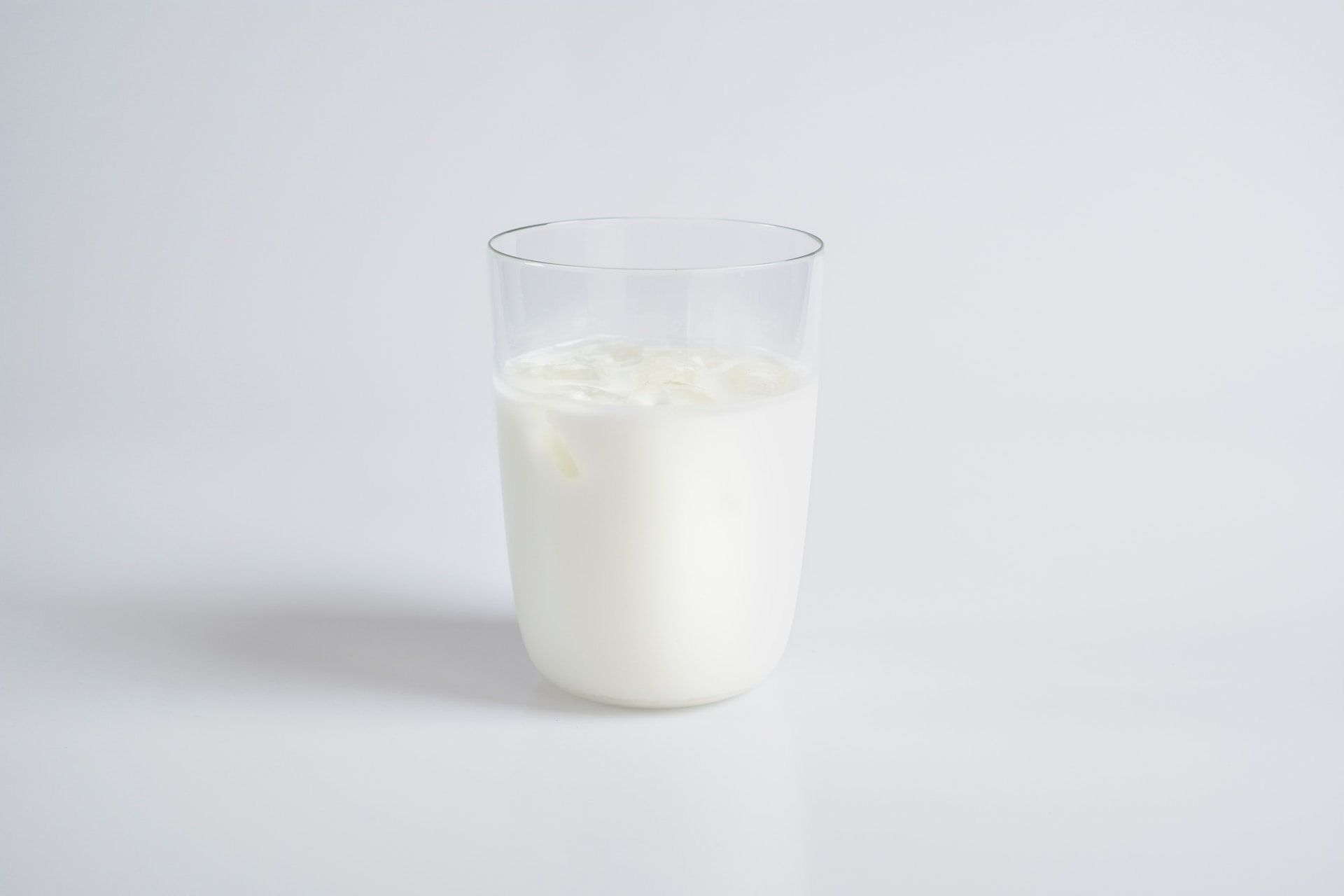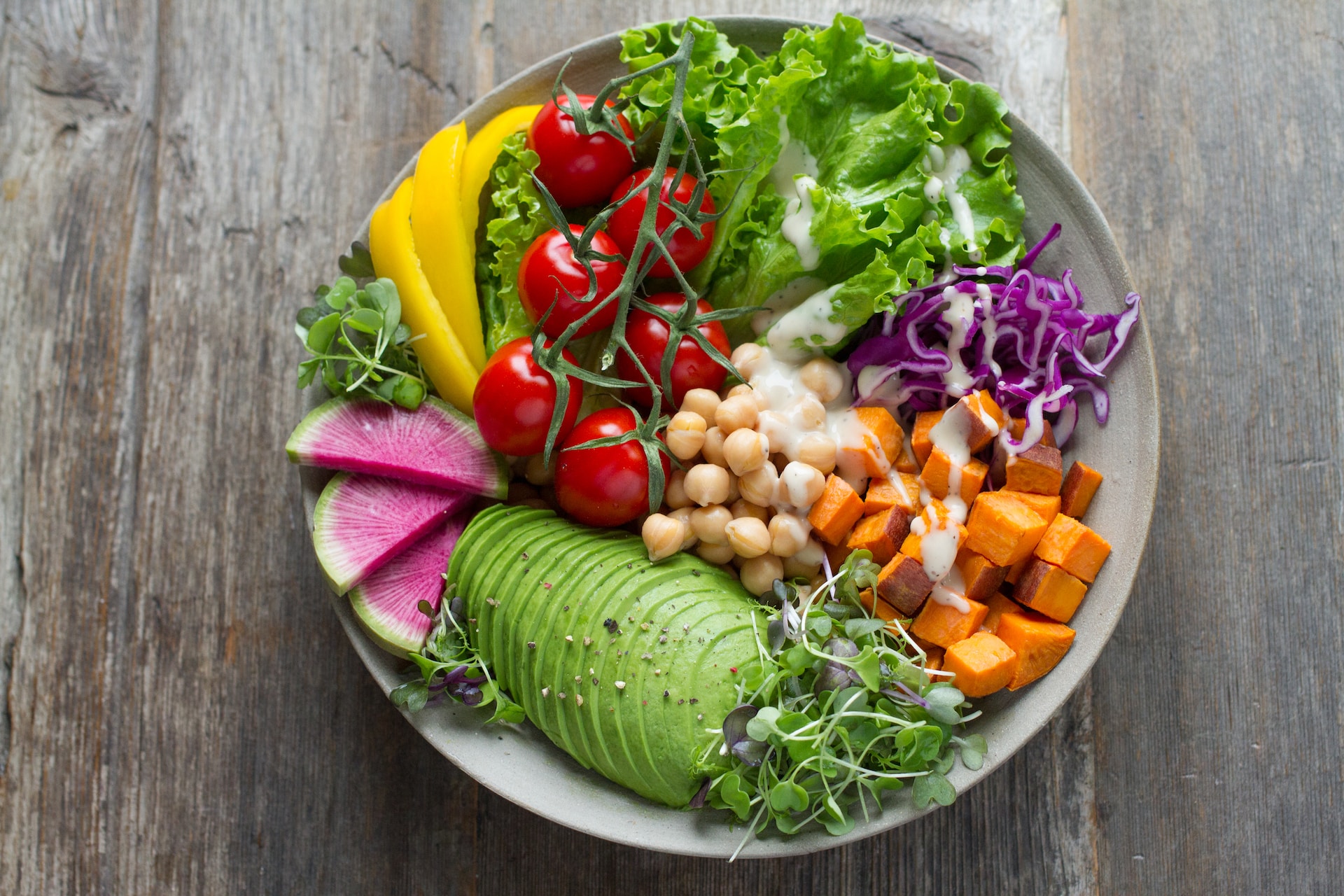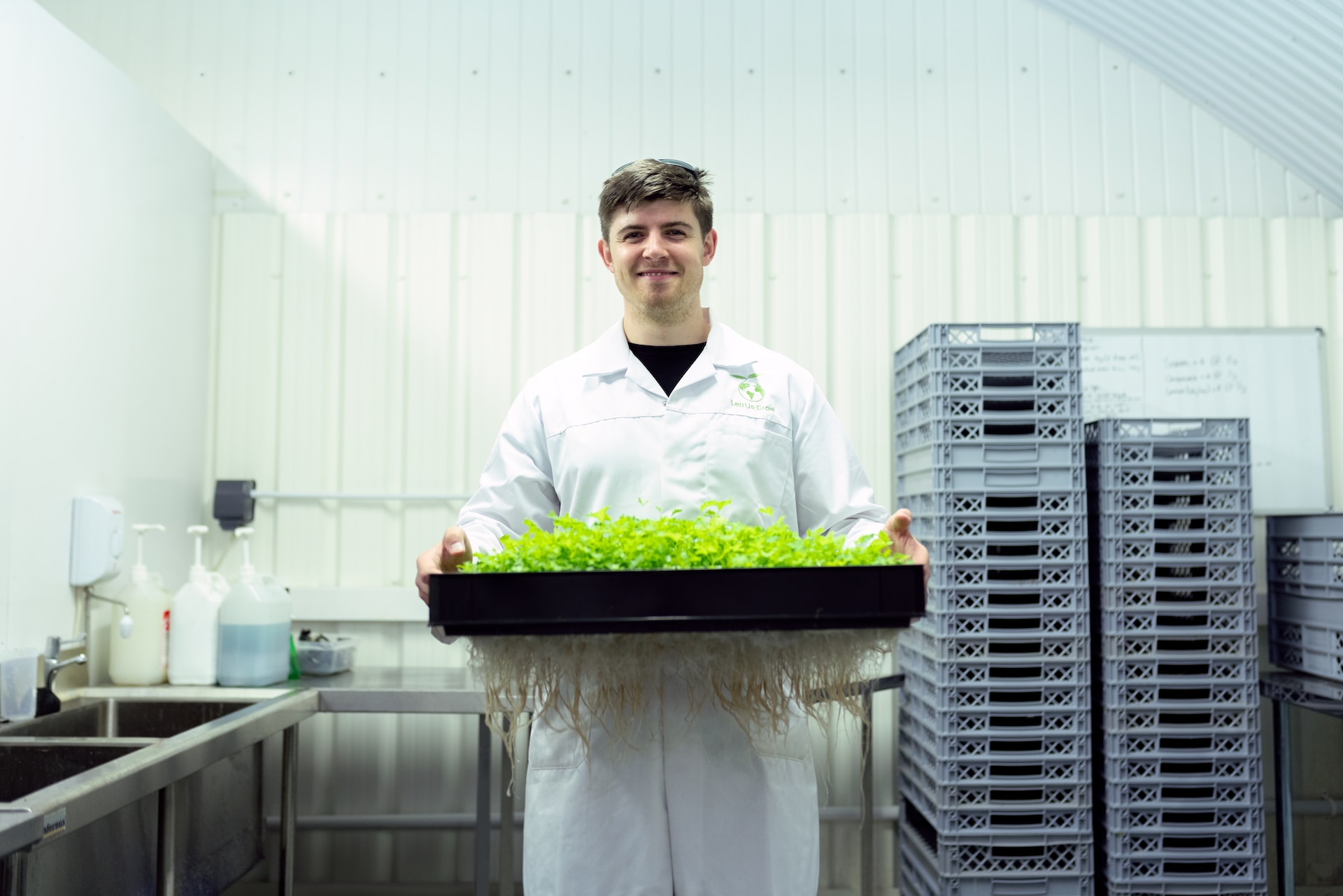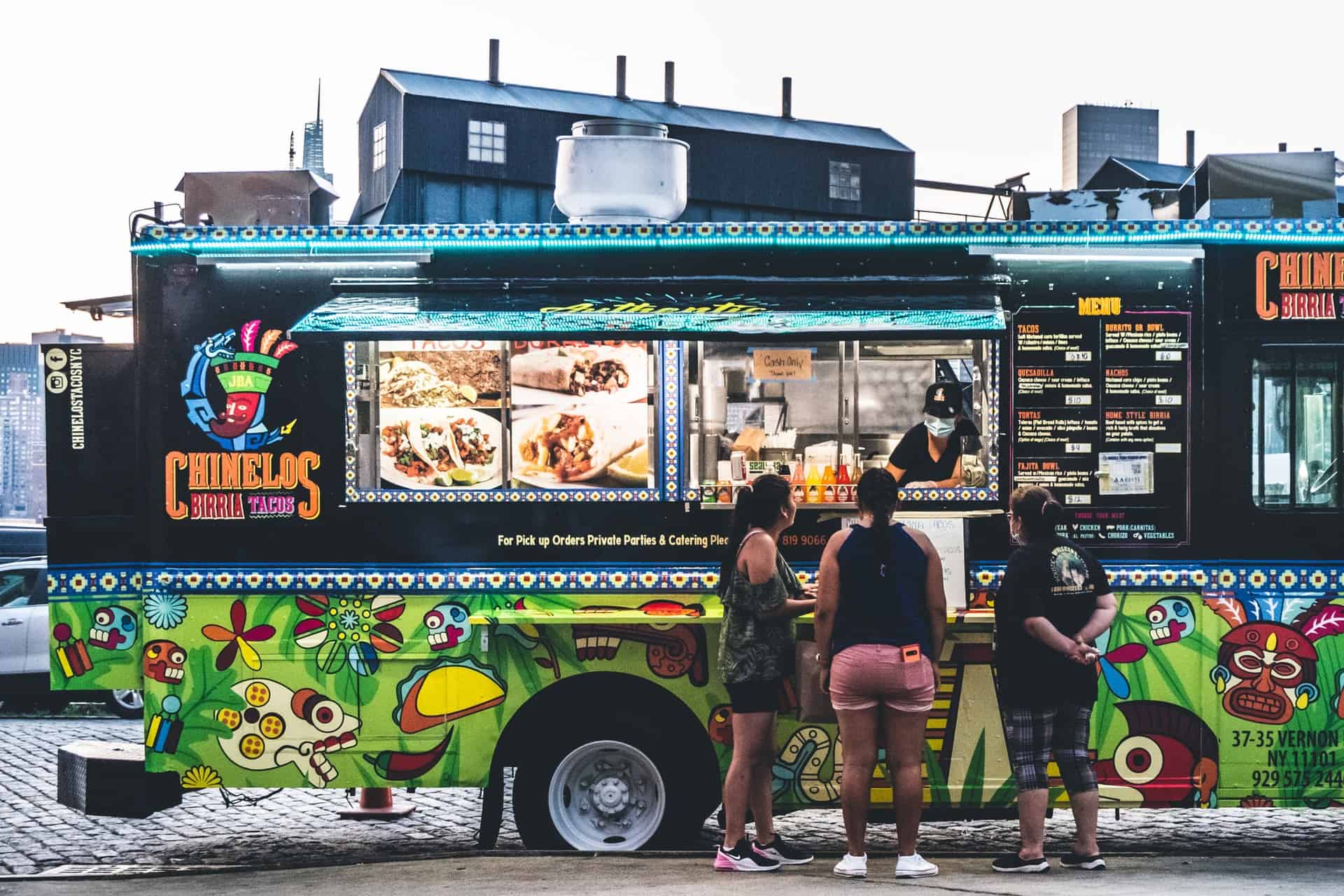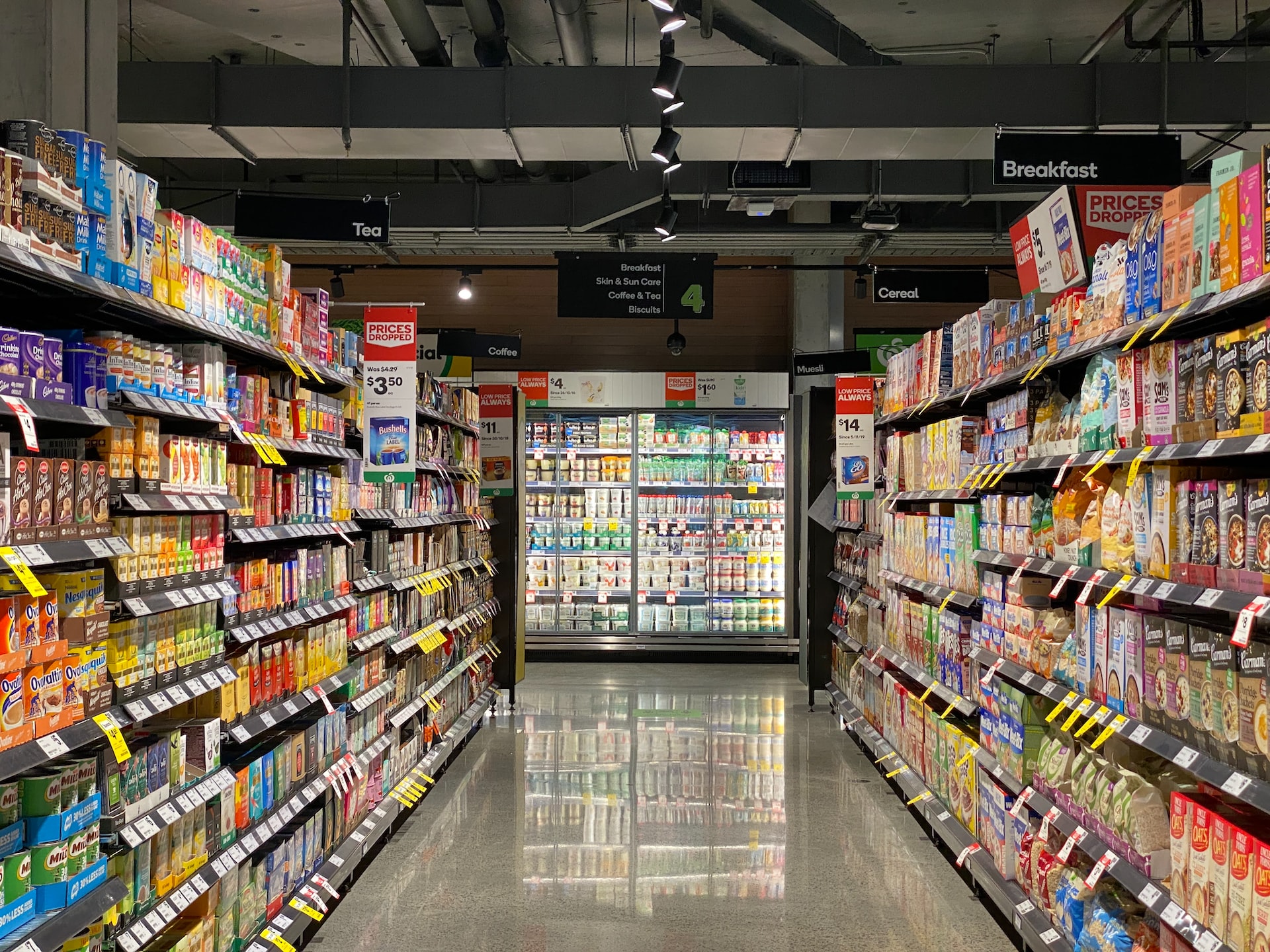
What Are Preservatives, and Are They Safe to Eat?
March 21, 2023 - Lou Farrell
Revolutionized is reader-supported. When you buy through links on our site, we may earn an affiliate commision. Learn more here.
Many people are under the impression that preservatives are dangerous to eat. While it’s true that some chemicals have harmful effects, other substances — such as salt and sugar — are healthy in moderation. What are preservatives, really? And which ones should people avoid?
What Preservatives Are — and Aren’t
People have been preserving food for at least 14,000 years, with the first technique involving laying meat out to dry in the sun. Different cultures discovered the art of food preservation separately. For example, historians have found evidence of fermentation in China, India, Sudan and many other countries thousands of years apart.
Preservatives are substances that prevent chemical changes or the growth of microbes in food. People often use them to prolong a food’s shelf life, flavor, color or texture. Under this broad definition, even smoke and ice could be preservatives, although most people don’t think of them that way. Instead, people consider smoking, freezing and drying food to be physical preservation techniques that don’t involve the use of preservatives.
Highly processed foods often contain the most preservatives. One study found that ultra-processed foods contributed to 57,000 premature deaths in Brazil in 2019. However, it’s impossible to draw a direct link between these deaths and the consumption of preservatives, since there are so many other potential factors at play.
So, what are the preservatives most commonly found in food?
Nonsynthetic Preservatives
Let’s start with additives that double as ingredients, also known as Class I preservatives.
Rosemary and oregano extracts, sugar, salt, alcohol, vinegar and hops are all nonsynthetic. Citric and ascorbic acid are common chemicals in lemon juice that prevent apples from turning brown. Tocopherols, forms of vitamin E, can also preserve food colors and flavors by preventing oxidation. Natural preservatives are safe to eat or drink in moderation, although any of them can be toxic in excess quantities.
Artificial Preservatives
There are so many synthetic preservatives that it’s impossible to cover them all here. Instead, here are the chemicals under the most scrutiny for their effects on human health.
1. Nitrates and Nitrites
Manufacturers commonly use these preservatives in cured meats, such as bacon, hot dogs and lunch meats. High levels of dietary nitrites can cause methemoglobinemia, which decreases the ability of the blood to deliver oxygen to tissues. Researchers have linked the chemical to higher risks of bladder and stomach cancer, with all global cancer cases expected to rise 47% compared to 2020. Nitrates are associated with higher thyroid cancer risks.
It’s important to note, however, that nitrites also lower pancreatic cancer risks and nitrates lower kidney cancer risks. The chemicals aren’t entirely one sided.
2. Tert-butylhydroquinone (TBHQ)
TBHQ is a food additive used to extend storage life. A 2022 study concluded that long-term exposure to TBHQ at doses of 0.7 milligrams per kilogram of body weight has carcinogenic, genotoxic, cytotoxic and mutagenic effects.
It doesn’t accumulate much in body tissues, but it possibly leads to nutritional disorders and chronic health issues such as cancer. It’s best to limit foods like chips, donuts, popcorn, pre-made frozen dinners and other highly processed foods to avoid excess TBHQ consumption. Limiting these foods also helps reduce dietary salt and fat intake.
3. Propionic Acid (PPA)
This preservative made headlines in 2019 due to its potential connection to autism spectrum disorder (ASD). A mold inhibitor, manufacturers commonly add PPA to store-bought bread, processed cheese, dried fruits and baked goods.
Researchers from the University of Central Florida discovered that exposing neuronal stem cells to PPA changed them on a cellular level. It was the first molecular connection scientists have discovered between food preservatives and autism, suggesting that pregnant women should stick to eating whole foods. The CDC found that in 2000, around 0.6% of children had ASD, but the number jumped to 2.27% in 2018.
4. Sodium Benzoate
Sodium benzoate has antifungal and antibacterial properties that make it useful for preventing the growth of bacteria, yeast and mold, especially in acidic foods. It does not accumulate in the body. Fruits, vegetables, seafood and dairy products may naturally contain sodium benzoate, but manufacturers produce it in laboratory settings for use as a preservative.
Some people have an allergic reaction to this chemical that may lead to asthma attacks. This occurrence is rare. Studies have found connections between sodium benzoate and oxidative stress, memory and motor impairment, inflammation, anxiety and depression. More research is needed to make conclusions about its safety.
5. Potassium Sorbate
This chemical inhibits the growth of yeast and mold. Manufacturers produce it by neutralizing sorbic acid with potassium hydroxide. It’s a common additive in yogurt, cheese, dehydrated fruit and meat, soft drinks and baked goods, and is a crucial ingredient in the wine-making process. It renders yeast incapable of reproducing and prevents refermentation in wine before bottling.
The sorbic acid used to produce potassium sorbate is found naturally in rowan berries. However, manufacturers create most potassium sorbate synthetically to use it as a preservative.
Potassium sorbate is disruptive to biological membrane structure, allowing it to impact mitochondrial energy coupling in living cells. It increases oxidative stress in model organisms and may activate inflammatory pathways in liver tissue. Therefore, it could be a risk factor in the development of chronic disease, but more research is needed.
Although rare, some people are allergic to potassium sorbate in foods. It’s more common to have an allergic skin reaction to the chemical in the form of cosmetics. In general, experts consider potassium sorbate to be safe for human consumption, but Iran has banned its use in dairy products.
The Dose Makes the Poison
What are preservatives? Any chemical, whether natural or synthetically derived, that protects food from spoiling is a preservative. Government organizations like the FDA conduct studies to determine the potential toxicity of food additives.
Although governments try to regulate the use of harmful preservatives, new data occasionally emerges showing that food additives previously considered safe are dangerous. To have the best chance at living a long, healthy life, it’s best to stick to whole foods and only eat processed meals on occasion.
Revolutionized is reader-supported. When you buy through links on our site, we may earn an affiliate commision. Learn more here.
